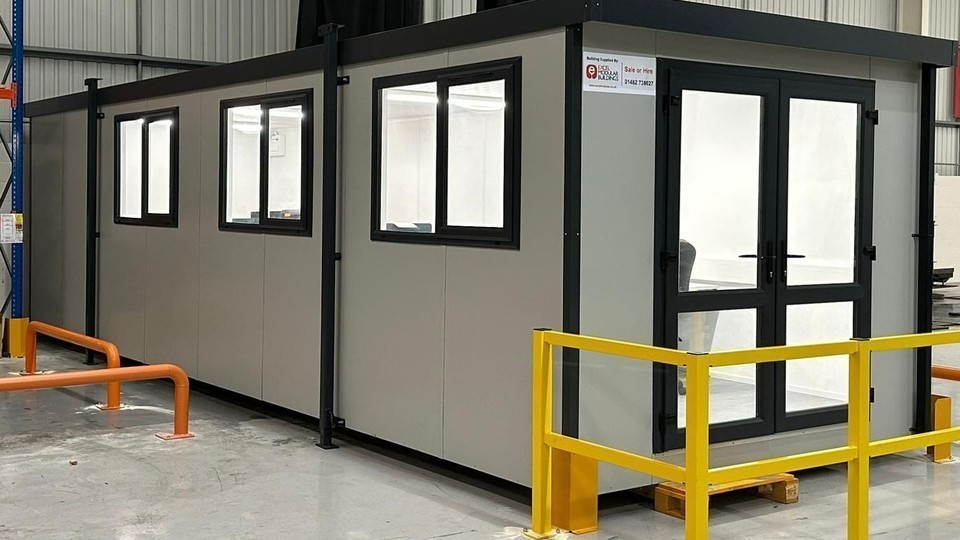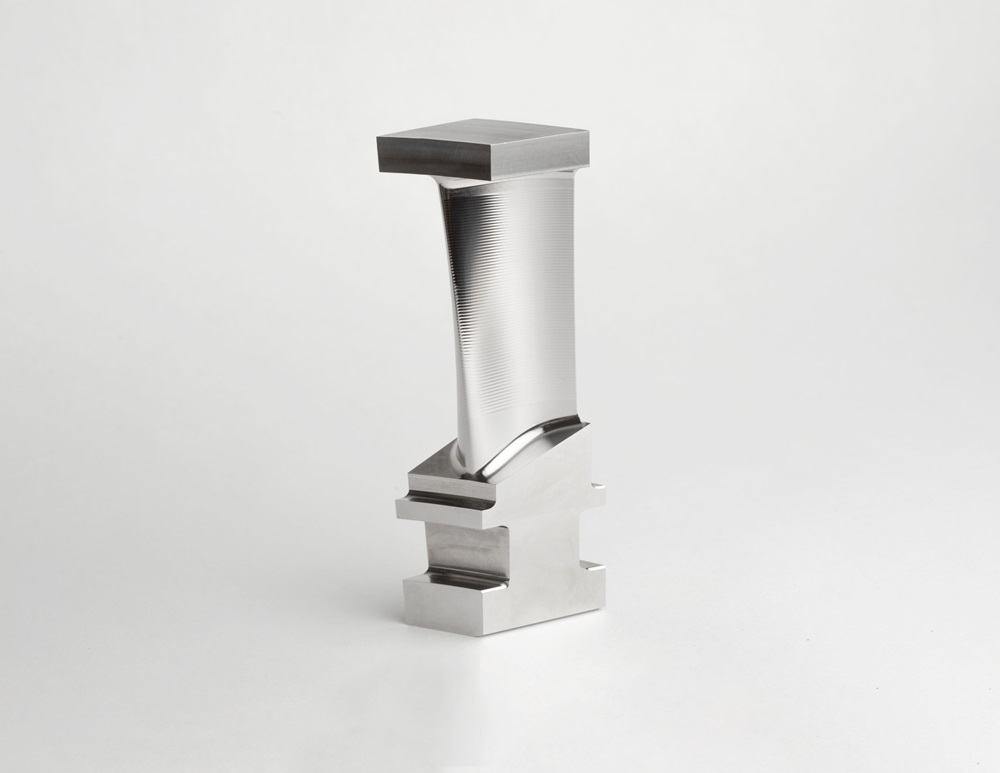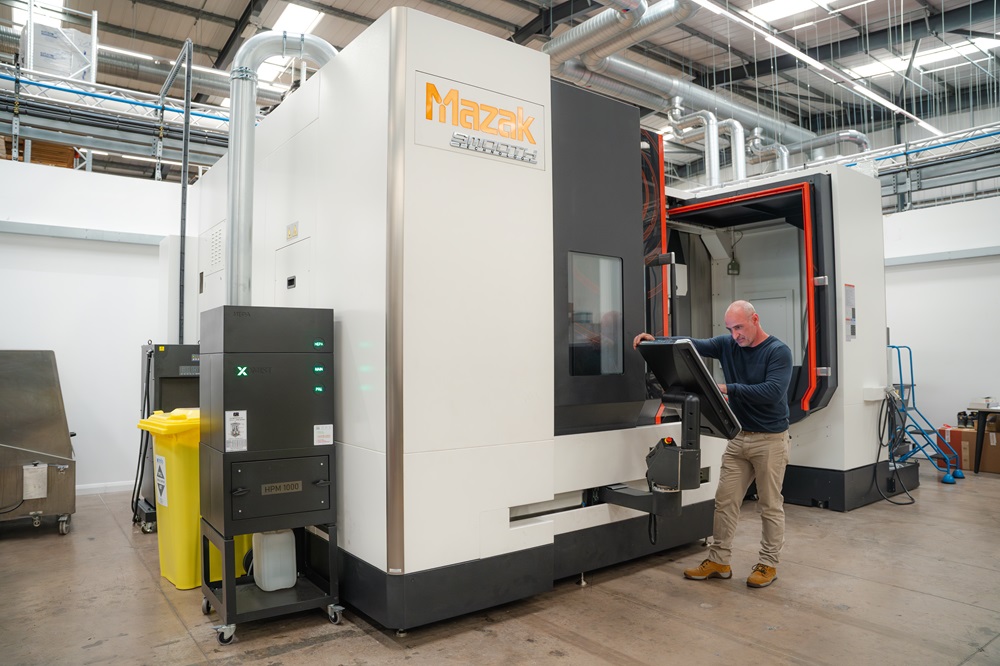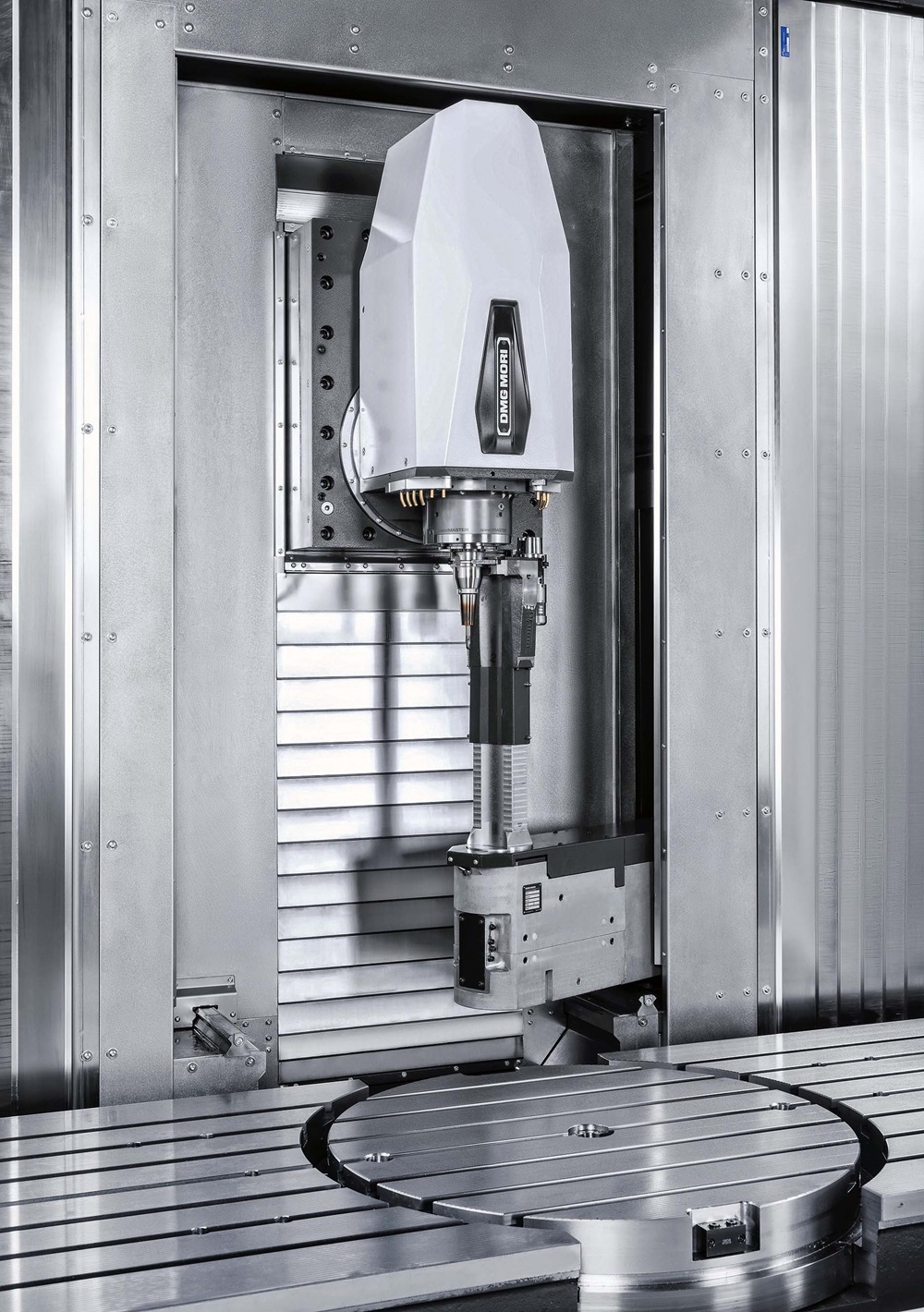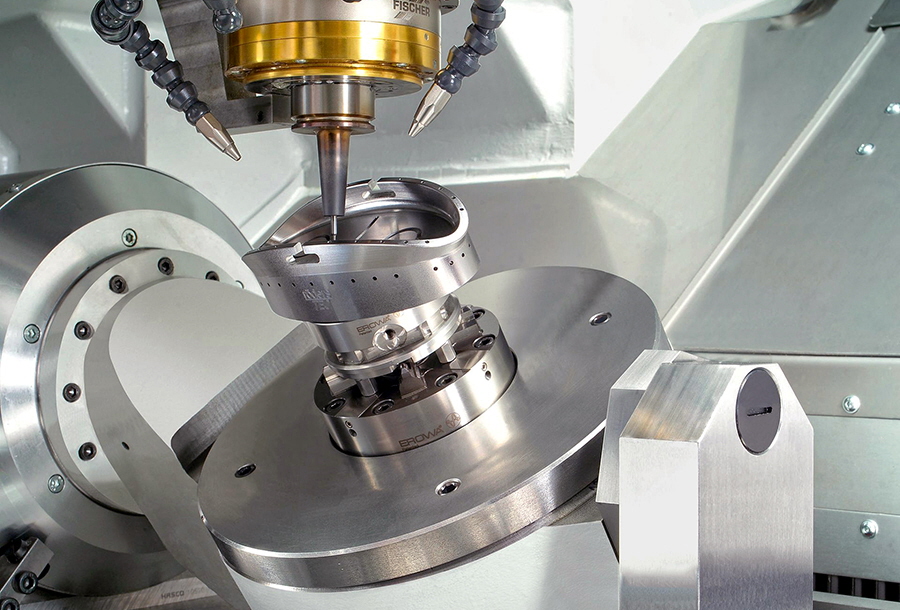Established in the west of Ireland in 1984, Lawrence Engineering specialises in the manufacture of injection mould tools, extrusion tooling, jigs and fixtures for global suppliers in the medical device industry. At its factory in Loughill, County Sligo, the business also builds special-purpose equipment and provides contract manufacturing services, while at another facility in nearby Collooney, medical component manufacturing takes place in a Class 8 cleanroom.
Precision, quality and rapid turnaround times are hallmarks of the family-owned company’s success. Commitment to constant investment in cutting-edge machinery keeps it ahead of the competition. This philosophy is immediately evident when visiting the Loughill site. Purpose-built in 1995, the facility houses an impressive range of machine tools, including machining centres from Hurco and Roeders. Hurco Europe supplies both brands in the UK and Ireland.
In the Hurco cell are a three-axis VM10i vertical machining centre and a larger VM20i, with capacity for machining components up to 1 m long by 500 mm. Lawrence Engineering selected the machines as much for their reliability and ease of programming, as for their metal-cutting capabilities in tool steels.
Managing director James Lawrence says: “We try to keep everything in-house. When we consider the next investment, we’re looking to increase our capabilities, filling any gaps in capacity and aiming to achieve constant improvement.”
A prime example of this is one of two five-axis Roeders RXP500DS high-speed machining centres with linear motors driving all axes. The bridge-type design includes features necessary for ensuring component accuracy and high-speed dynamic motion. The 42,000 rpm spindle enables Lawrence Engineering to machine mould tools directly in hardened metals, often with cutters less than 1 mm in diameter. Moreover, it removes the need for time-consuming electrode manufacture, EDM and subsequent hardening.
For further information www.hurco.co.uk






